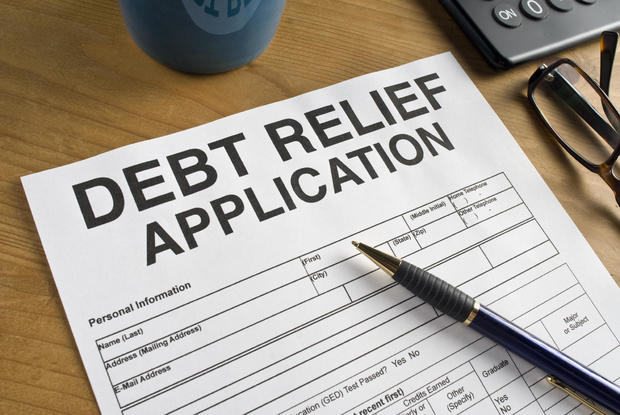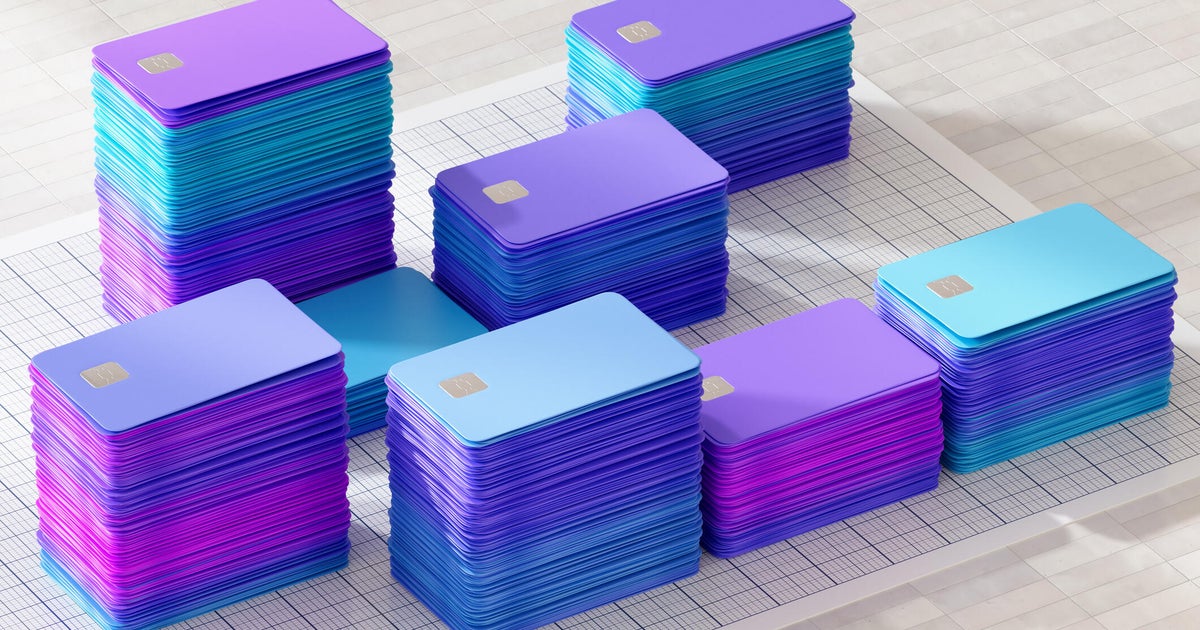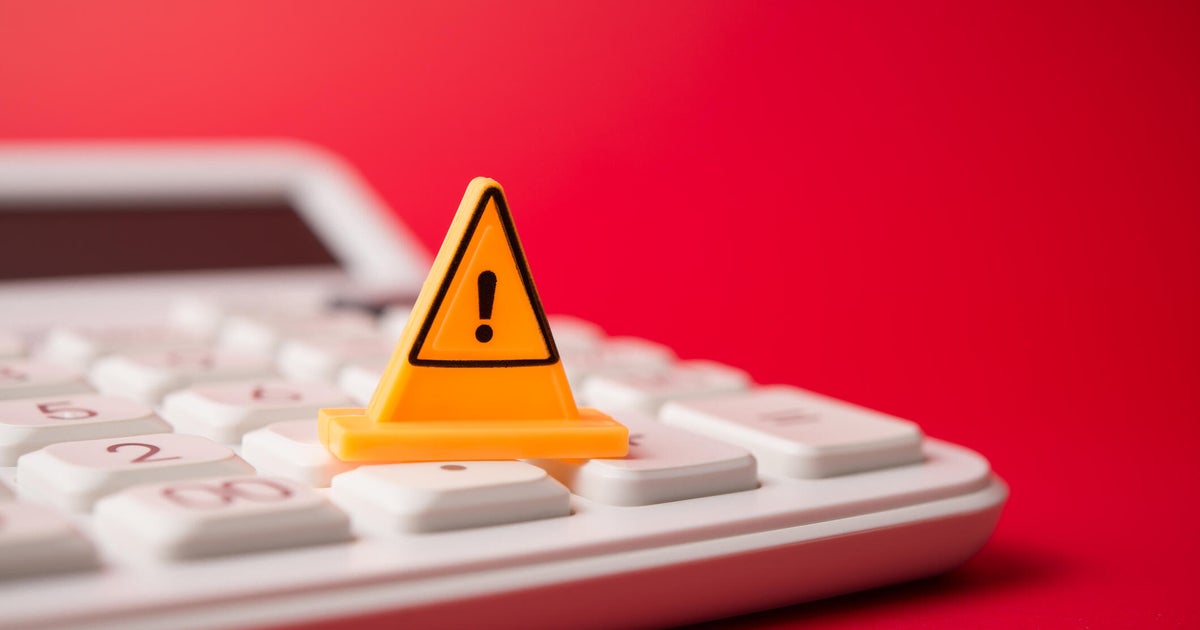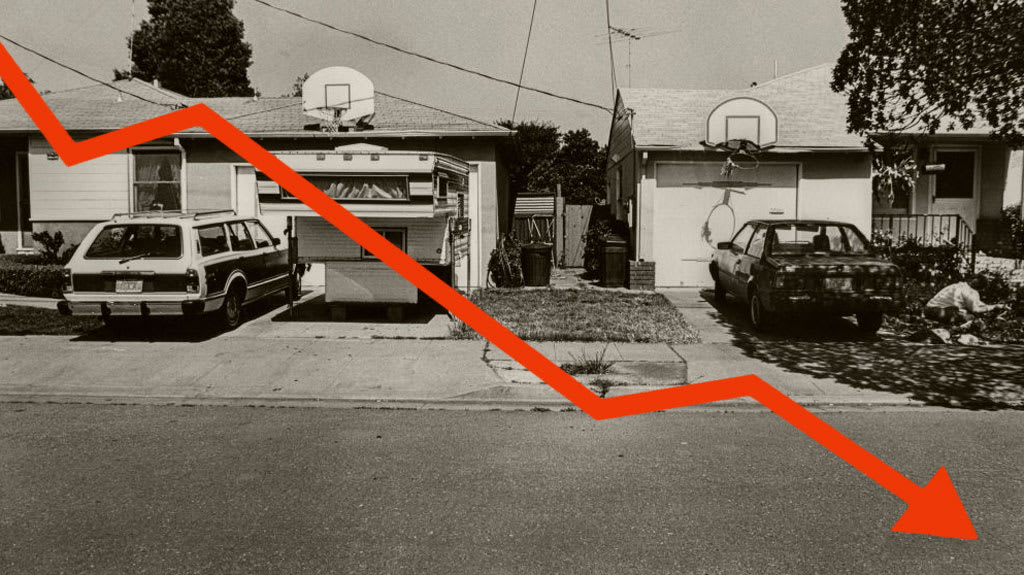3 questions to ask before pursuing debt relief
Inflation has been high for some time, and prices on many goods and services have been rising. According to the Bureau of Labor Statistics, transportation costs are up almost 10%, housing costs more than 6% and food costs nearly 3%.
The result has been increased financial stress for the average American and, for many, an increased reliance on credit cards to cover everyday costs. In fact, Americans now have over $1 trillion in credit card debt, a significant increase from the $740 million seen less than three years ago.
Fortunately, for those feeling overwhelmed with debt, there are resources that can help. Most commonly referred to as debt relief, these solutions include options like debt consolidation (which combines all your debts into one easy payment), debt management plans (a sort of payment plan) and debt settlement (which involves renegotiating your debts).
But debt relief isn't right for everyone — nor is every debt relief method (or provider), so it's important to ask questions and do research before using these services to tackle your debt. Do you need help getting out of debt? Below, we'll detail what to ask before pursuing any kind of debt relief.
Learn how debt relief programs could help you here now.
3 questions to ask before pursuing debt relief
Here are three questions you should start investigating before choosing a debt relief plan.
Have you done all you can on your own?
Before you use a debt relief program — which will cost you in some way — make sure you've exhausted your options first. Have you tried setting strict monthly budgets to free up more cash to put toward your debts?
"Depending on how severe your situation is, you might be able to resolve your debt issues by crafting a detailed budget and following a debt payoff strategy," says Leslie Tayne, a debt relief attorney at Tayne Law Group in New York. "Start by writing down all your sources of income and expenses to see how much cash you have available to put toward debt, then follow a strategy such as the debt snowball or avalanche to pay it down methodically."
Often, paying just a little extra toward your minimum payments each month can help and putting windfalls like tax refunds or holiday bonuses toward your balances is smart, too. Taking on a side hustle can help as well.
"If you have less than $5,000 in debt and a steady income, you should consider whether you can try to pay that off with a little discipline and mild sacrifice," says Howard Dvorkin, chairman of Debt.com. "Debt relief programs aren't free, because those experts you're consulting need to earn a salary, too. So, it only makes sense if you have significant debt you just can't pay down on your own."
Explore your debt relief options here to learn more.
Which type of debt relief should you pursue?
There are lots of options when it comes to debt relief, and the right one will depend on how much debt you have, what types of debt they are (secured vs. unsecured), how behind you are on payments and many other factors.
Some of your debt relief options include:
- Debt management: A debt management plan involves making a single payment to your debt relief provider each month. They'll then work with your creditors to pay down your debts (in full) over a specific time period, usually three to five years.
- Debt consolidation: Debt consolidation combines your debts into one single loan, allowing you to make just one single monthly payment. It can often reduce your interest rate and total amount paid over time, too.
- Debt settlement: Debt settlement involves negotiating your debts with your creditors and paying them off directly, often for a significantly reduced amount.
You can also explore bankruptcy, which can potentially wipe all your debts clean but leave long-lasting marks on your credit.
"The riskiest option to resolve debt is typically bankruptcy," says Natalia Brown, chief compliance and consumer affairs officer at National Debt Relief. "Bankruptcy includes upfront costs, which you'll pay whether you qualify or not, bankruptcy court — where an individual's assets are potentially seized to pay their debts — and it still may not guarantee that individual will be able to pay their creditors in full."
If you're not sure what type of debt relief is best for your financial situation, talking to a credit counselor or debt specialist can help (many debt relief companies employ these and offer free consultations).
Which provider will you use?
If you do opt to pursue debt relief, you'll find there are many debt relief companies to choose from. To ensure you're getting the best value and service, it's important to be diligent about which provider you choose to work with.
First, look at how long a company has been in business.
"Most disreputable agencies will not stay in business for more than a few years," Dvorkin says. "If you find an agency that has been helping people deal with debt for 10 years, then it's likely that they are a good agency."
Checking for industry accreditations, a good Better Business Bureau rating and strong customer reviews is critical, too. And most importantly, know the red flags to watch out for like, pushy sales tactics and upfront fees.
"If the debt relief company insists upon an upfront payment before receiving assistance, that is a major red flag," Brown says. "A good debt relief company will never do this, as federal rules prohibit a for-profit debt relief provider from collecting payment before a service is provided."
Start researching the debt relief companies available to you here now.




